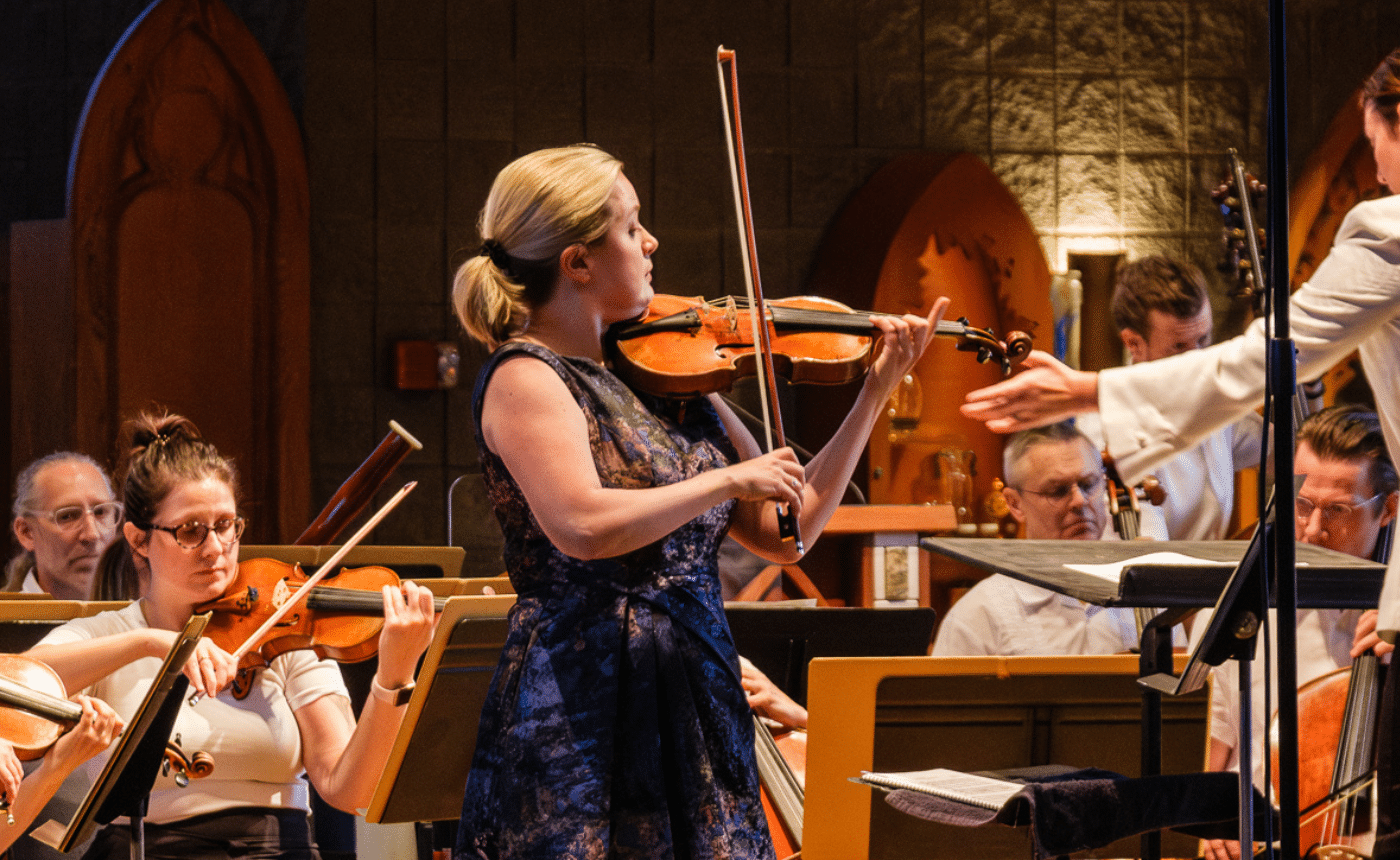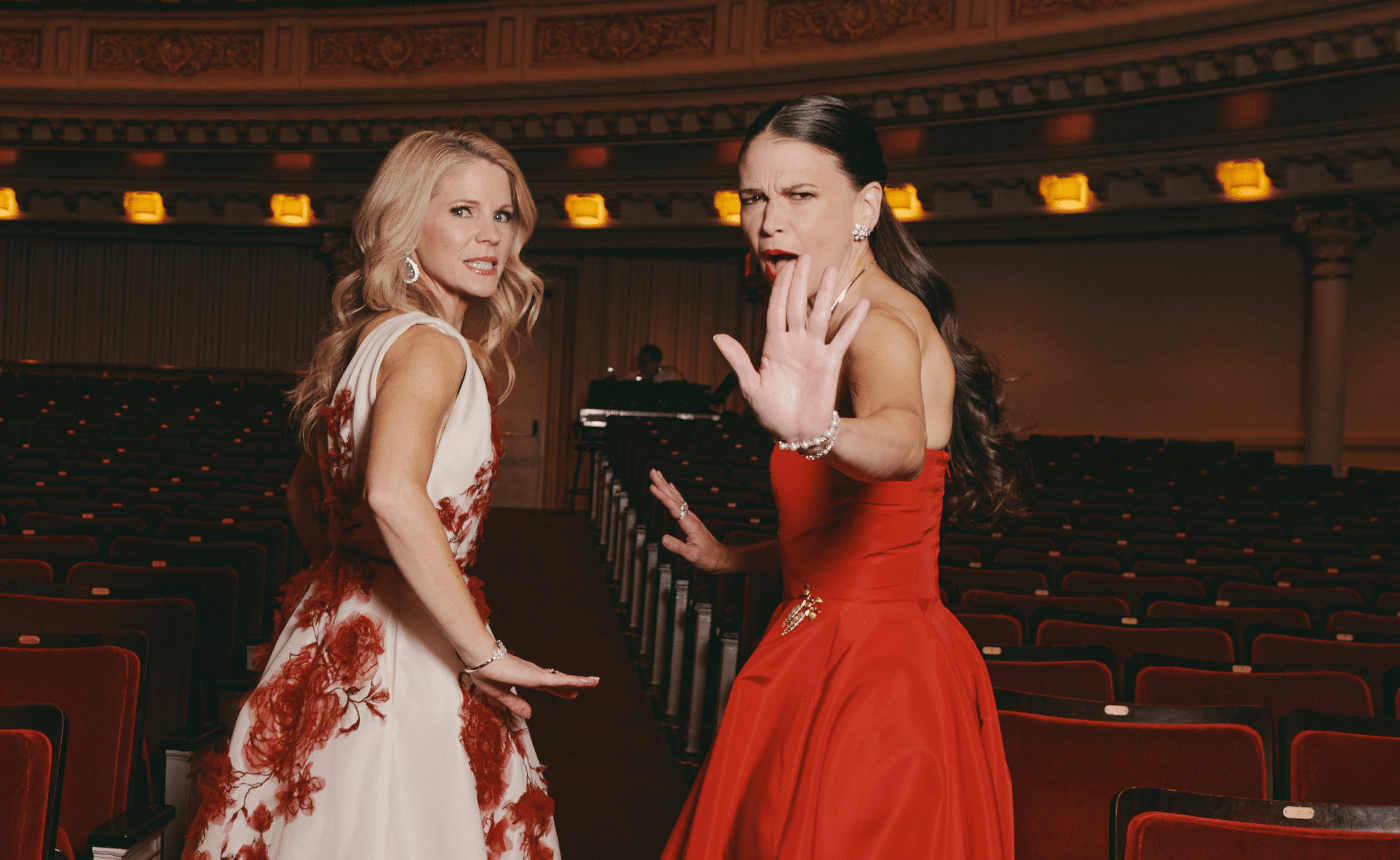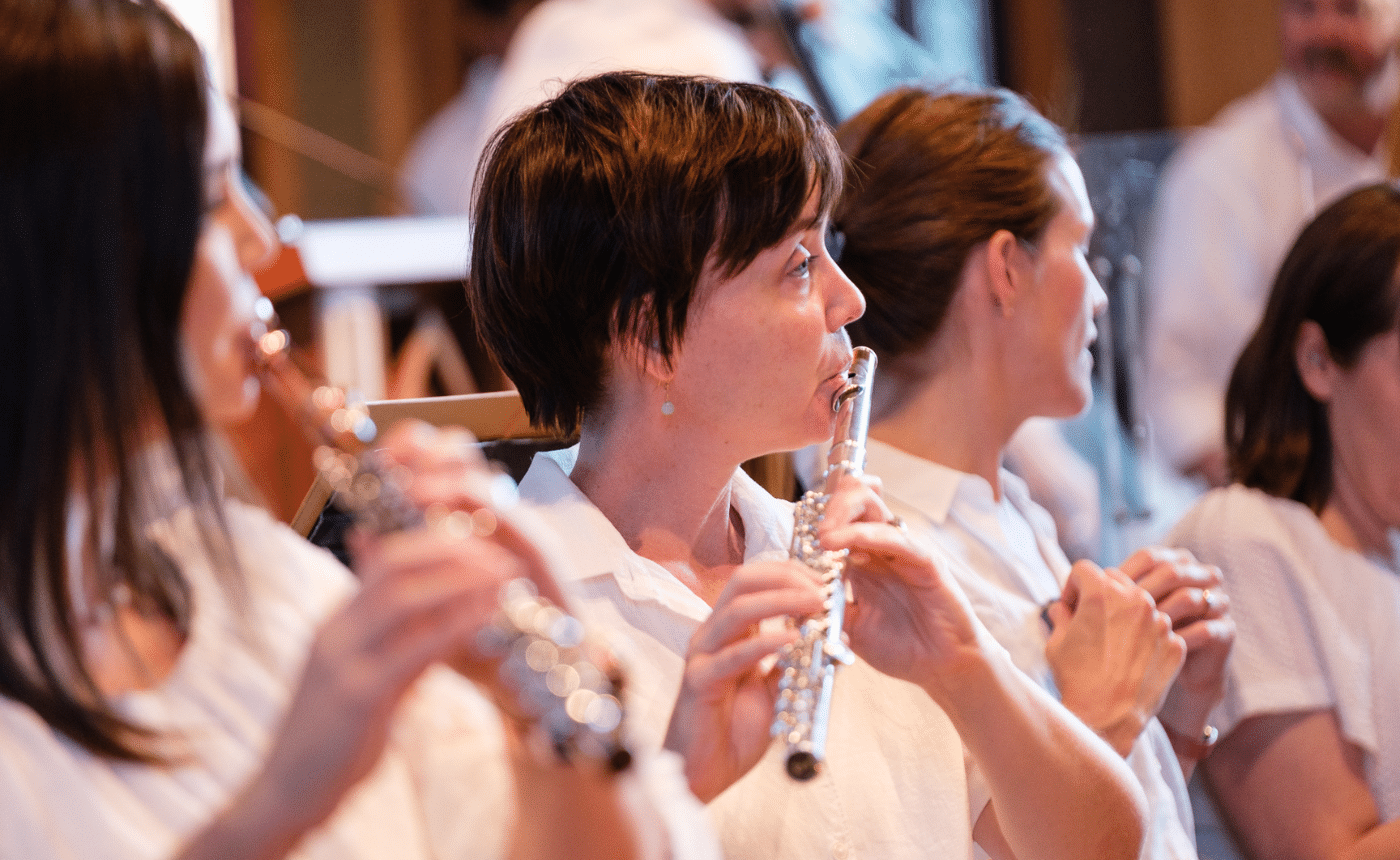Stravinsky – Greeting Prelude
Written by Jeff Counts
Instrumentation: piccolo, 2 flutes, 2 oboes, 2 clarinets, 2 bassoons, contrabassoon, 4 horns, 2 trumpets, 3 trombones, tuba, timpani, bass drum, piano, strings
Duration: 1 minute.
THE COMPOSER – IGOR STRAVINSKY (1882-1971) – It is clear in any study of Stravinsky’s career that he was a master of timely self-reinvention. So the fact that the early 1950s found him considering another new direction in his compositional life is not a surprising discovery, even if the direction itself was quite unexpected. Though no one knew it at the time, his 1951 opera The Rake’s Progress would be his last substantial statement in the neo-Classical style.
THE MUSIC – Stravinsky lived within ten miles of Schoenberg in Los Angeles but the two men maintained no relationship whatsoever, neither as neighbors nor peers. Stravinsky was publically disinclined towards serialism and structured atonality in general and though he was willing to admit a certain respect for the discipline of the 12-tone compositional technique, he considered its practitioners “prisoners” of a rigid abstraction. When Schoenberg died in 1951 Stravinsky was developing a close working partnership with the conductor (and avowed Schoenberg champion) Robert Craft. Their friendship exposed Stravinsky more deeply to the atonal concepts he had previously dismissed and initiated the gradual shift towards serialism that defined his latter years. Tucked away among his earliest efforts was the quirky Greeting Prelude of 1955. Born of a comical experience at the Aspen Festival in 1950, the Prelude is a very brief set of “12-tone-esque” variations on the famous “Happy Birthday” melody by Patty and Mildred Hill. Stravinsky had been shocked and momentarily offended when, after giving the rehearsal downbeat of Tchaikovsky’s 2nd Symphony, he was greeted instead by the comparatively irreverent sounds of that “ridiculous little tune.” The Aspen orchestra had planned the spontaneous outburst as tribute to a colleague who had recently become a father. Though Stravinsky later admitted that he completely failed to “get it” at the time, he soon put the melody to use himself as a witty “singing telegram” for the 80th birthday of his dear friend Pierre Monteux.
THE WORLD – Panamanian President José Antonio Remón Cantera was assassinated in 1955. Also that year, Juan Perón was overthrown in Argentina, Austria formally regained her sovereignty and Vladimir Nabokov published his controversial novel Lolita.












